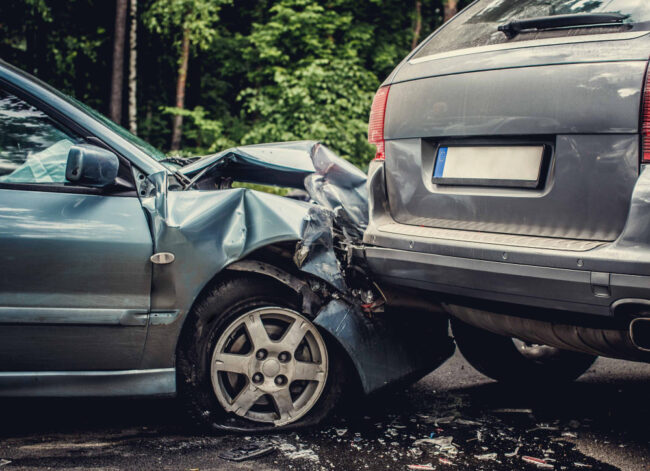Car accidents are unfortunately a common occurrence, often resulting in significant physical, emotional, and financial consequences for those involved. In the aftermath of a collision, one of the most crucial steps in seeking justice and compensation is evidence collection. This process forms the backbone of any car accident case, providing the necessary facts and documentation to support claims and establish liability. In this article, we delve into the critical role of evidence collection in car accident cases, highlighting its importance and outlining key steps to ensure a thorough and effective process.
Understanding the Importance of Evidence Collection
Evidence collection serves several essential purposes in car accident cases:
- Establishing Liability: One of the primary objectives of evidence collection is to determine who is at fault for the accident. By gathering relevant evidence such as witness statements, photographs, and accident reconstruction reports, Sacramento car accident attorneys and insurance adjusters can reconstruct the sequence of events leading up to the crash and establish liability.
- Supporting Claims: Evidence collected at the scene of the accident can provide crucial support for claims related to property damage, medical expenses, lost wages, and pain and suffering. Documentation such as medical records, repair estimates, and receipts for expenses incurred as a result of the accident can strengthen the injured party’s case during negotiations or in court.
- Resolving Disputes: In cases where liability is contested or disputed by the parties involved, solid evidence can help resolve conflicts and reach a fair settlement. By presenting compelling evidence, attorneys can demonstrate the strength of their client’s case and negotiate from a position of strength to achieve a favorable outcome.
Key Steps in Evidence Collection
Effective evidence collection requires a systematic approach and attention to detail. The following steps are essential for gathering and preserving critical evidence in car accident cases:
- Secure the Scene: The first priority after a car accident is to ensure the safety of everyone involved. Once safety concerns have been addressed, it’s important to preserve the scene to the extent possible. This includes taking steps to prevent further accidents, such as moving vehicles out of traffic if safe to do so, and using hazard lights, cones, or flares to alert other motorists.
- Document the Scene: Detailed documentation of the accident scene is essential for building a strong case. This may involve taking photographs or videos of the vehicles involved, skid marks, road conditions, traffic signs, and any visible injuries. Additionally, obtaining contact information from witnesses and recording their statements can provide valuable testimony later on.
- Obtain Police Report: In most car accident cases, law enforcement officers will respond to the scene and prepare an official police report. This document contains important information about the accident, including the date, time, location, weather conditions, statements from involved parties and witnesses, and any citations issued. Obtaining a copy of the police report is crucial for the evidence collection process.
- Preserve Physical Evidence: Physical evidence such as vehicle damage, debris from the crash, and personal belongings can provide valuable insights into the cause and severity of the accident. It’s important to preserve this evidence in its original condition whenever possible, as it may be needed for expert analysis or presentation during legal proceedings.
- Seek Medical Attention: Even if injuries sustained in a car accident appear minor at first, it’s essential to seek medical attention promptly. Documenting injuries and receiving appropriate medical treatment not only ensures the health and well-being of those involved but also creates a paper trail of medical records that can be used as evidence to support injury claims.
- Retain Legal Representation: Car accident cases can be complex, involving multiple parties, insurance companies, and legal regulations. Retaining the services of an experienced personal injury attorney can greatly enhance the evidence collection process and improve the chances of a successful outcome. An attorney can help navigate legal procedures, gather additional evidence, and advocate on behalf of the injured party to secure fair compensation.
Evidence collection is a critical component of car accident cases, playing a pivotal role in establishing liability, supporting claims, and resolving disputes. By following a systematic approach and gathering comprehensive evidence, injured parties can strengthen their case and improve their chances of obtaining fair compensation for their losses. From documenting the scene of the accident to retaining legal representation, every step in the evidence collection process contributes to building a compelling case and achieving a favorable outcome.




